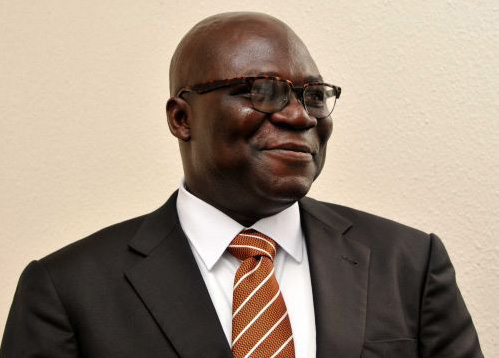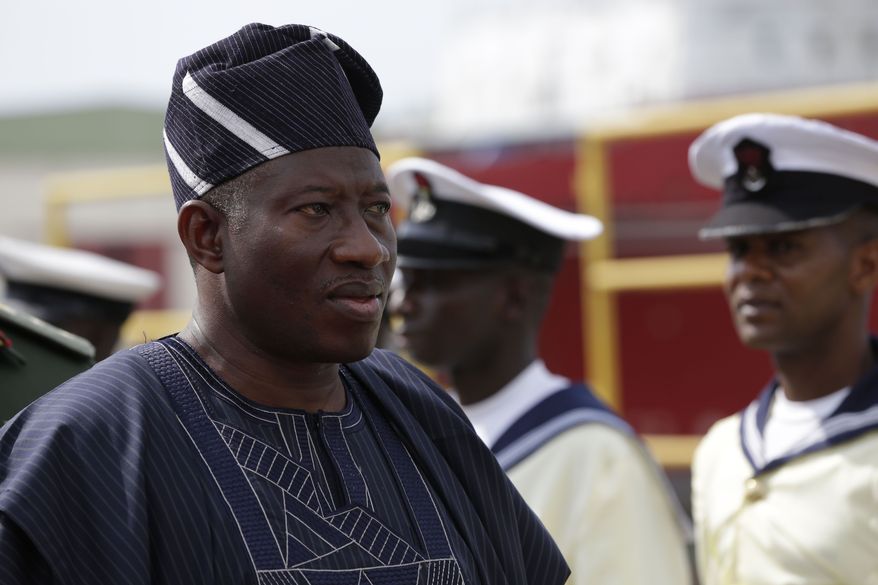Nigeria, Indonesia and Mexico could rank among the top 10 economies of the world by 2050, displacing UK and France, according to findings from the latest PwC economists reports.
Titled ‘The World in 2050, will the shift in global economic power continue?’, the report presents long-term projections of potential GDP growth from 2015 to 2050 for 32 of the largest economies in the world, covering 84 percent of total global GDP.
Nigeria, Vietnam and the Philippines were identified as notable risers in the global GDP rankings in the long term, with a projection of 4.5 to 5.5 per cent growth rate per annum over the period to 2050, while the world economy has been projected to grow at an average of just over 3 per cent a year from 2014 to 2050, doubling in size by 2037 and nearly tripling by 2050.
According to John Hawksworth, a chief economist of PwC, the country could attain the rank if it builds its institutions to global standards, diversifies the economy and sustains growth-friendly policies.
Advertisement
He added that the current global economic power shift away from the established advanced economies in North America, Western Europe and Japan will continue over the next 35 years, despite a projected slowdown in Chinese growth after around 2020.
For Andrew S. Nevin, another chief economist, PwC Nigeria, Nigeria’s potential advantages for future growth includes a large consumer market, a strategic geographic location, and a young and highly entrepreneurial population with the right reforms and investments.
“Over-dependence on natural resources could also impede long-term growth in countries such as Nigeria, Russia, and Saudi Arabia unless they can diversify their economies over time,” Nevi said.
Advertisement
While our analysis confirms that emerging markets have huge potential, they can also be an institutional minefield – both managers and investors need to tread carefully.
“To achieve its long-term economic potential, Nigeria will need to manage the oil price decline effectively at all levels of government and create a sustainable platform for diversification into the sectors that we know will drive the economy in the future – including power, agriculture, manufacturing, telecommunications, hospitality and real estate” he said.
Add a comment





